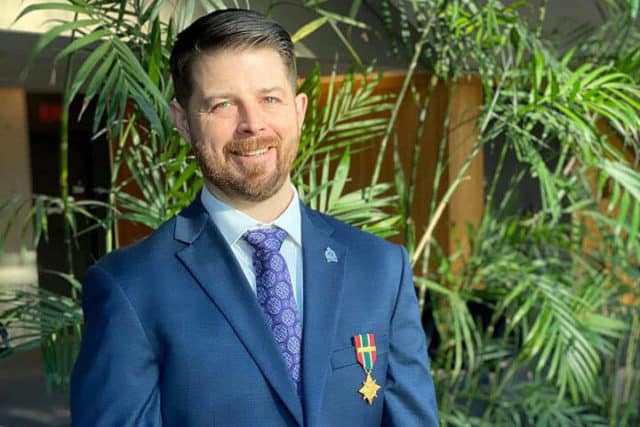Premier Eby’s housing solution needs to consider the environment and our conservation officers.
Special thanks to Editor. Originally published on December 28th 2022 in the Alberni Valley News
Yet again our conservation officers are on the precipice of being left to hold the bag on the consequences of large-scale provincial policies, and the BCGEU (their own union) is noticeably missing in action. Premier Eby is adopting, in part, a “build more” approach to B.C.’s housing shortage. Under his direction, the Province of B.C. is staged to implement legislation mandating certain development and housing inventory increases. This downloads various levels of responsibility to individual municipalities. The spillover effect, which will inevitably take place, is poised to increase urban expansion in an already stressed green interface.
As the Province directs municipalities to “build more” there is little discussion about loss of wildlife habitat, increased human presence, and the foreseeable consequences this will have on wildlife and the environment. Without a clear response plan to further encroachments within the human-wildlife interface, it should be expected that public complaints regarding wildlife, water quality, and garbage management will continue to increase. Unfortunately, the responsibility for resolving these matters will then be further downloaded to the B.C. Conservation Officer Service (BCCOS). With low officer staffing levels, increased mental health absences, and a never ending para-militarized approach to wildlife management, the future appears bleak for humans and non-humans alike – expect more wildlife deaths, further public outrage, and a never-ending string of problems. However, there is another picture that can be painted on the housing canvas, one that considers the environment and wildlife during statutory creation. I offer Premier Eby two higher level and solution-oriented points for consideration:
1) When planning to remove green interface habitat, developers must report on future expectations of human-wildlife interactions. The municipality must then implement a preliminary response plan that makes a reasonable and informed effort to alleviate nuisance calls to the BCCOS and other policing resources. Allowing continued urban expansion, with no planning for the inevitable wildlife interactions, creates a situation where developers profit immediately while the public and conservation services bear the brunt of long-term true costs.
2) The Province must stop subsidizing municipal emergency responses to wildlife complaints. The Police Act mandates that policing costs are paid through property taxes. As constables under the Police Act, the BCCOS must bill back to the municipality of origin all policing fees related to wildlife complaints, otherwise the province is paying for what are essentially municipal policing matters. This adjustment has a reasonable expectation of lowering call volumes and recouping revenues to assist with future staffing levels. A conservation officer’s time is best spent enforcing hunting laws and other matters of a provincial nature.
While there are many nuanced areas of environmental management that could be debated, the two points I have raised here are structural policy considerations that stand to benefit the environment, wildlife, individual officers, and the public. We simply cannot continue to urbanize wildlife habitat without adequate planning and resources for the inevitable human-wildlife concerns that will arise.


Dr. Bryce J. Casavant is the Director of Conservation Intelligence at the environmental charity Pacific Wild Alliance. He is a former B.C. Conservation Officer and lectures at Royal Roads University in the legal aspects of environmental management.

